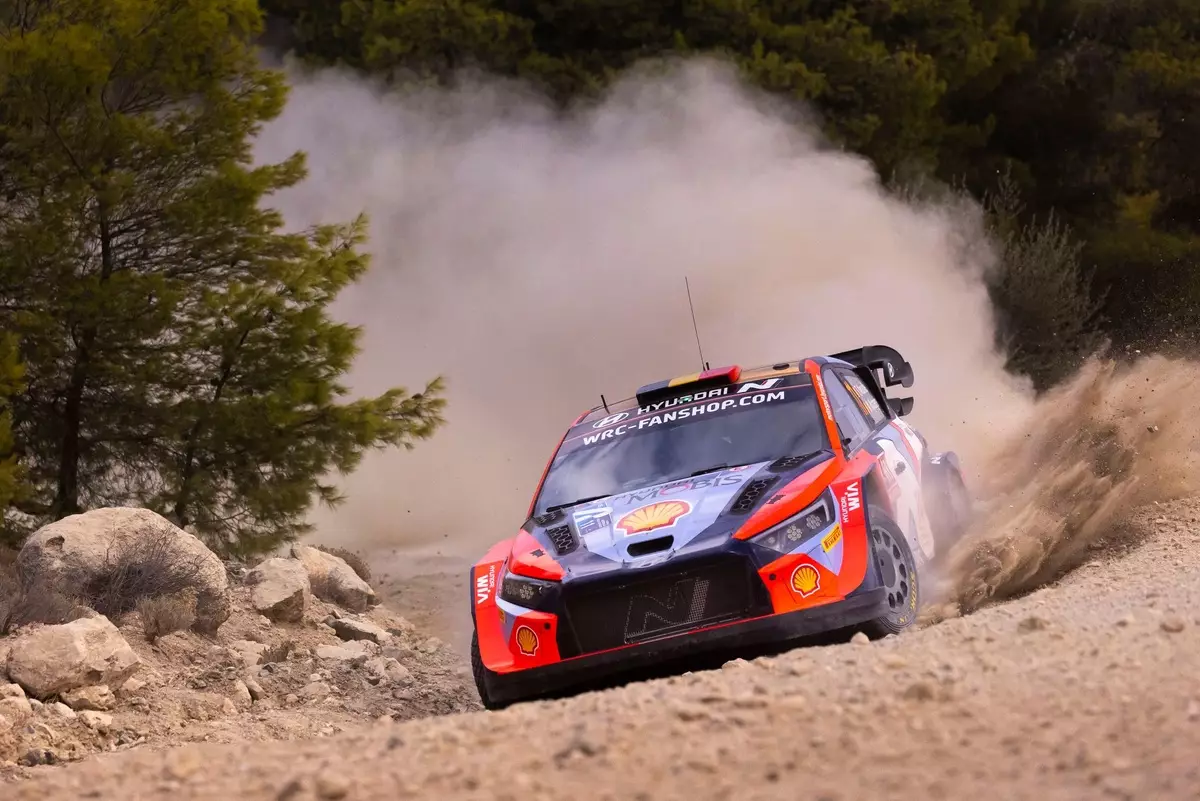The World Rally Championship (WRC) recently made a pivotal decision to eliminate hybrid units from its Rally1 cars starting in 2025. This move signifies a stark shift back to traditional internal combustion engine-powered vehicles, marking a transition from the hybrid systems initially introduced in 2022. The WRC’s governing body, the FIA, concluded this choice after an e-vote, addressing both practical concerns and rising operational costs associated with hybrid technology.
The plug-in hybrid system, originally celebrated for its innovative contribution to motorsport sustainability, faced increasing complications, notably following new safety regulations imposed by the hybrid unit supplier, Compact Dynamics. These stringent guidelines dictated that any damaged hybrid unit resulting from specific shock levels must be completely dismantled and sent back for repair, effectively eliminating the previous flexibility of on-site repairs. This necessitated a reconsideration of how hybrid technology aligned with the operational realities of teams, particularly smaller ones like M-Sport, which raised alarms about the financial viability of competing at a top-tier level amidst these requirements.
Financial sustainability emerged as a critical issue in this decision-making process. As teams grappled with the escalating costs imposed by the hybrid technology, it became evident that the current supplier agreement was not conducive to maintaining a competitive and inclusive environment within the WRC. Xavier Mestelan-Pinon, the FIA’s Chief Technical and Safety Officer, emphasized that after extensive consultations with stakeholders, it was clear that a pivot away from hybrid units would benefit the championship.
Furthermore, Mestelan-Pinon expressed optimism about the future, suggesting that the WRC’s evolution aligns with the technical regulations projected for 2027. This adaptability illustrates the championship’s commitment to balancing innovation with the essence of traditional rallying—a sport steeped in historical significance and raw competition.
Despite the move away from hybrid units, the WRC remains steadfast in its commitment to sustainability. The organization plans to continue utilizing 100% sustainable fuels, underscoring that environmental considerations remain paramount even in the absence of hybrid technology. This resolution seeks to reassure fans and stakeholders that the spirit of environmental responsibility is intertwined with the future of rally racing.
To facilitate this transition and equalize competition, the FIA is set to implement changes to the Rally1 car specs as the minimum weight will be reduced from 1260kg to 1180kg, and the air restrictor size will be adjusted from 36mm to 35mm. These modifications are aimed at maintaining the necessary power-to-weight ratio, ensuring that performance remains balanced and exciting.
The decision to revert to purely combustion-powered vehicles opens up a new chapter for the WRC. While hybrid technology offered a glimpse into a more eco-friendly future, this pivot reflects a pragmatic approach to evolving challenges within the sport. As the WRC prepares for the upcoming season, teams and fans alike will be eager to witness how these changes manifest on the track, and whether the championship can retain its thrilling essence while navigating new technologies and environmental commitments.
Overall, the WRC’s return to internal combustion engines, paired with a steadfast commitment to sustainability, signifies a fascinating evolution in a sport that continues to capture the imagination of motorsport enthusiasts around the globe. The future may be uncertain, but the passion for rallying remains as vibrant as ever.

